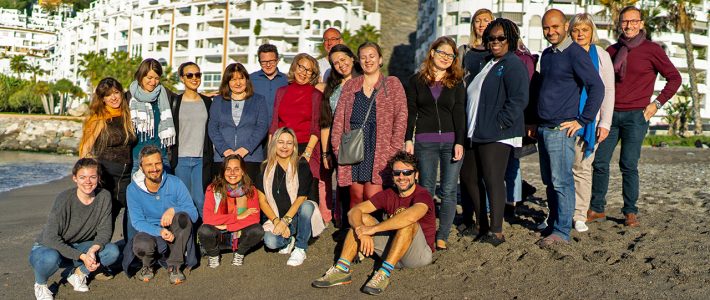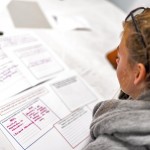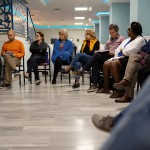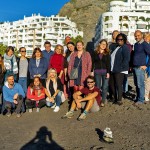A Casual Learning Space
The EBI has held various courses despite Covid. Before the Covid-19 crisis, we only held cooperative and group-based training. During Covid-19, this was not possible: “Social Distancing” (which should have been better called “Physical Distancing”), the wearing of masks and other restrictions threw us back to the level of lecture teaching, with a classical classroom structure and a lecturing teacher/trainer. We have recognized the advantage of a modern Learning Space within the last few years. Collaborative and group learning spaces provide opportunities for individuals to work together, share knowledge, and develop a more in-depth understanding of the material. In these environments, learners can learn from each other, receive different perspectives, and engage in productive discussions that enhance their problem-solving skills. Additionally, group learning spaces foster a sense of community, support, and motivation that can lead to increased engagement and improved academic performance. All these items have been considered in the CICERO project. Nevertheless, the COVID-19 crisis prevented the further development of a Casual Learning Space.
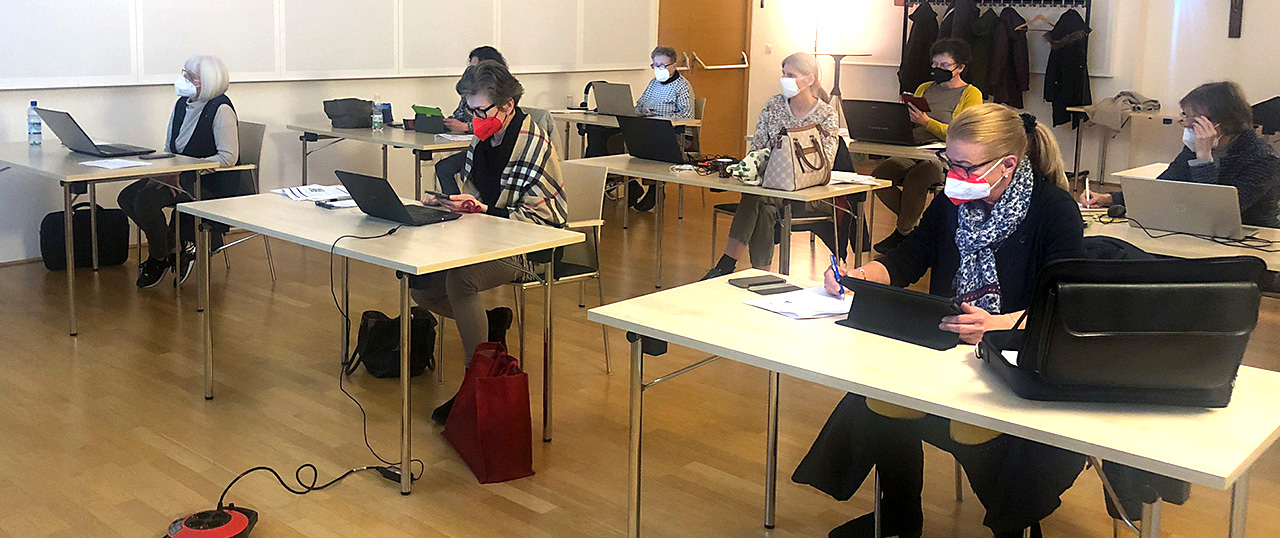
How to improve it
The trainers of the EBI had another approach to effective training In Adult Education. Our ideas were:
- An open learning space, group based and focusing on collaboration, is the best learning space for most of the training situations in Adult Education.
- A modern learning space for Adult Education must be flexible in the spatial design. It must be possible to change the spatial arrangement easily.
- Modern learning spaces for Adult Education must not follow traditional teaching or training methods, but can use other approaches based on active learning.
- Modern learning spaces for Adult Education must provide a modern pedagogical approach. This approach must ensure that no one is left behind in informal learning and that all learners have the opportunity to achieve the goal(s).
The questionnaire
The EBI started a questionnaire to create a case study about an innovative, versatile, and engaging Learning Space. EBI addressed approximately 100 Adult Education organisations in European countries. Feedback came from 40 organisations from 11 European countries (Norway, Spain, Portugal, Denmark, Poland, Italy, Finland, Netherlands, Sweden, Greece, and Austria).
The feedback confirmed our ideas and showed that there is a great deal of agreement with our approach to modern learning. It also indicated that there is a certain need for innovative and universal learning spaces – especially in the field of adult education.
Processed questionnaire results
This traditional classroom, as it’s well-known in School Education, is the best learning space for most of the training situations in Adult Education.
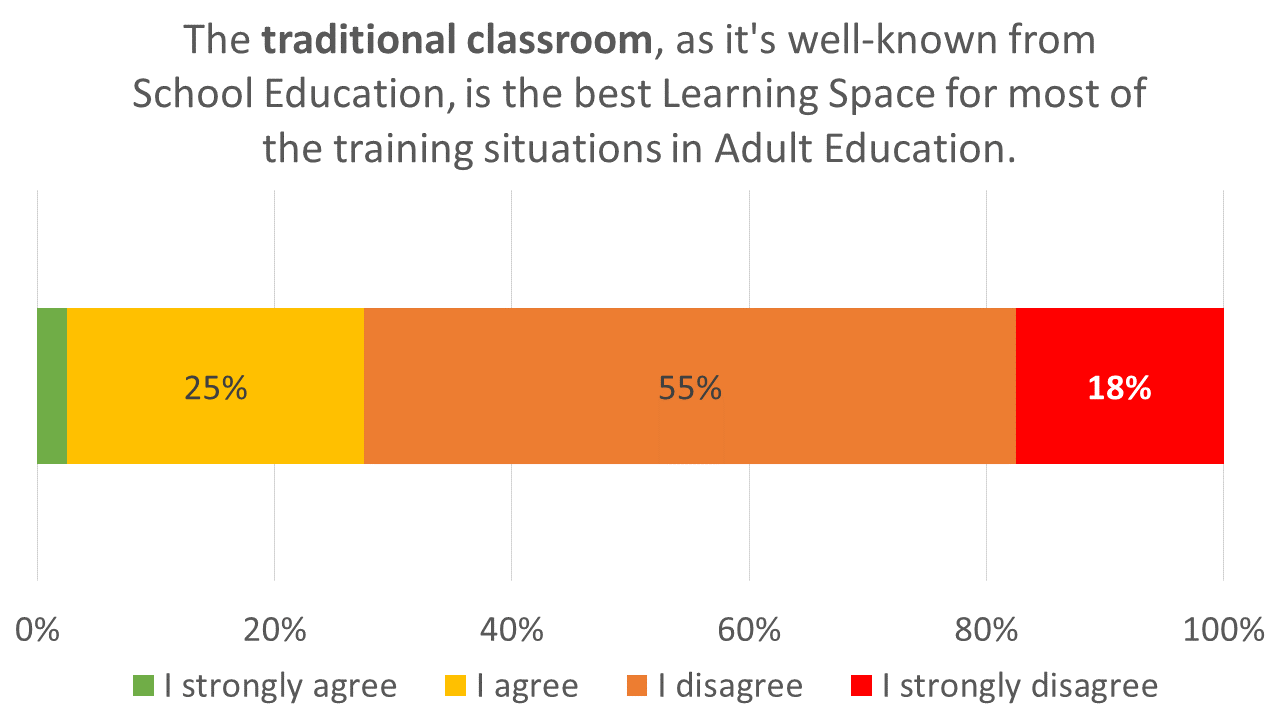
An open learning space, group-based and focusing on collaboration, is the best learning space for most of the training situations in Adult Education.

Modern learning space for Adult Education must be flexible in spatial design. It must be possible to change the spatial arrangement easily.
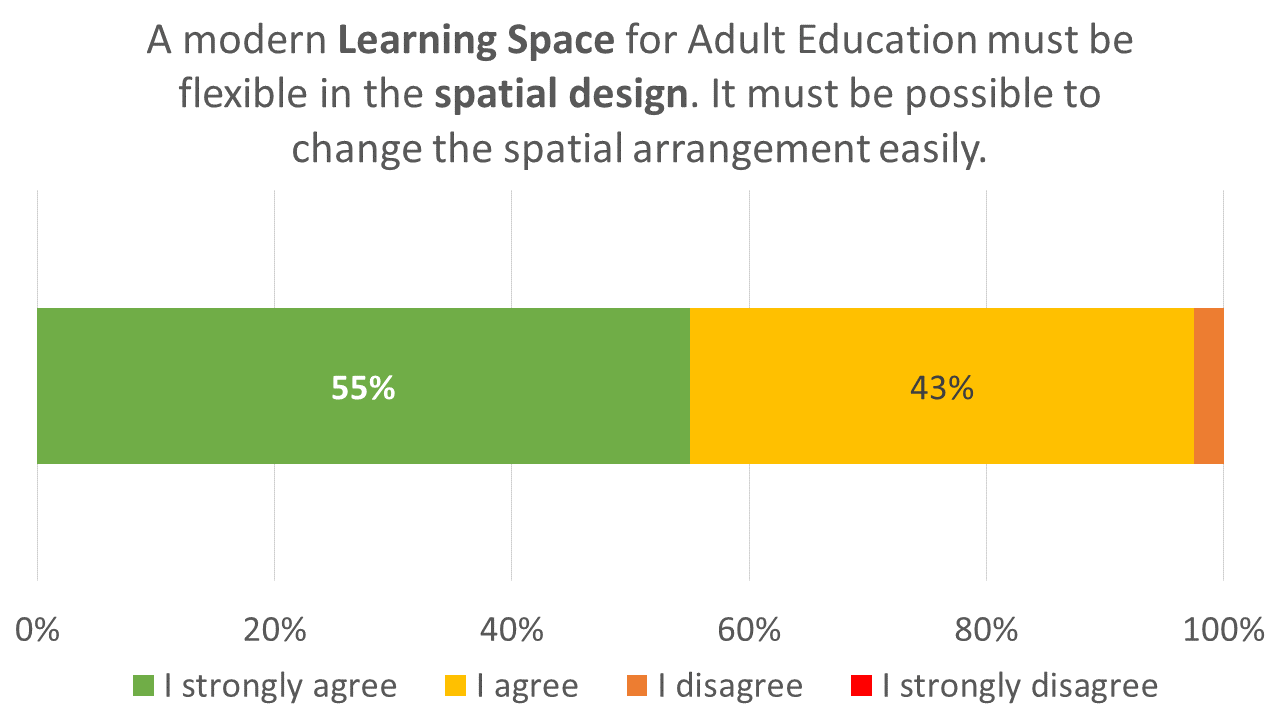
Modern learning spaces for Adult Education must not follow traditional teaching or training methods, but can use other approaches based on active learning.
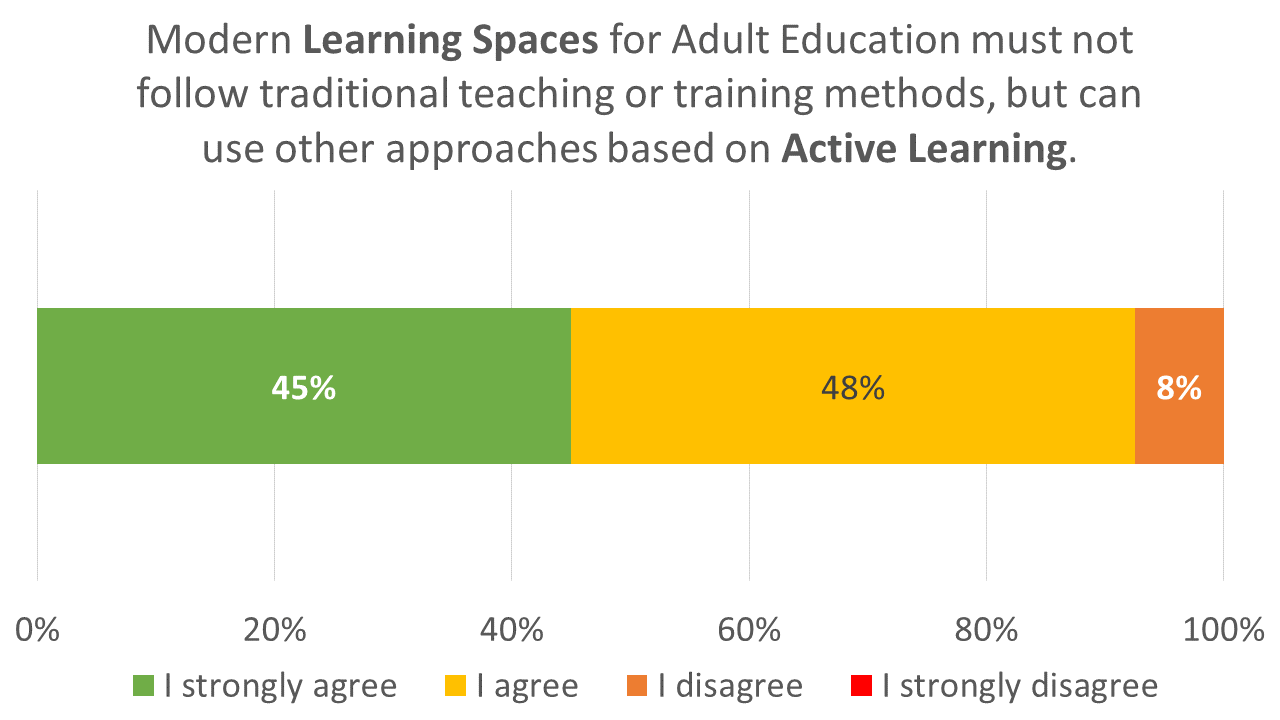
New cooperation
The ideas of EBI found fertile ground with some of the organisations approached: The Portuguese organisation AJITER, JA-Eesti from Estonia, EduVita from Italy, and EDRASE from Greece are now working together to develop an innovative learning space to meet the given requirements. Within the framework of this cooperation, the trainers of the participating organisations were asked about their ideas for such a learning space. The results are presented in the final slideshow.
Conclusion
- Obviously, the trainers of the cooperation match with the feedback of the organisations asked in Europe.
- The development of an innovative, versatile Learning Space, best-fitting to informal training, is a must.
- There is a broad discussion currently dealing with innovative learning spaces.
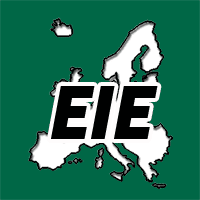
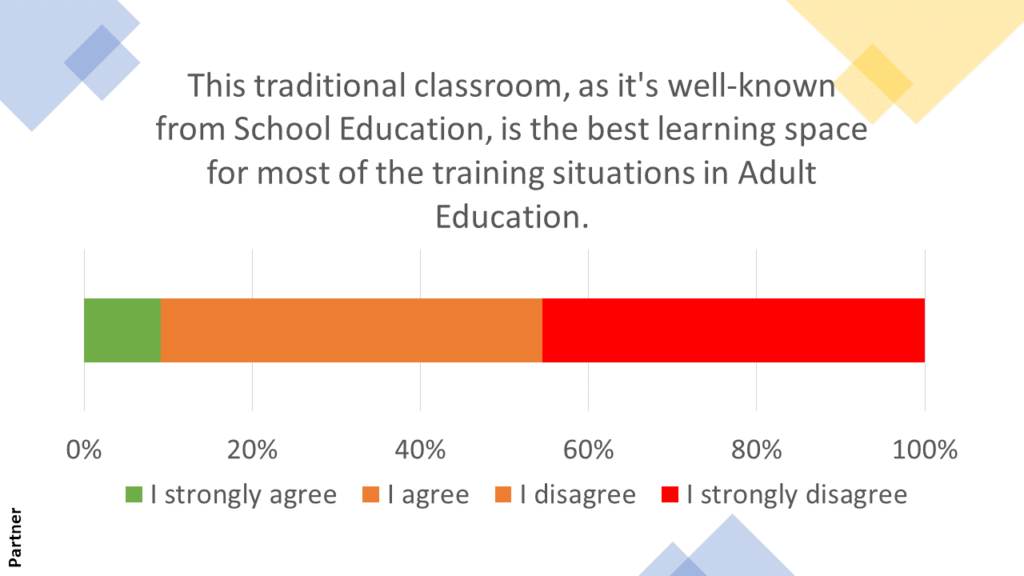
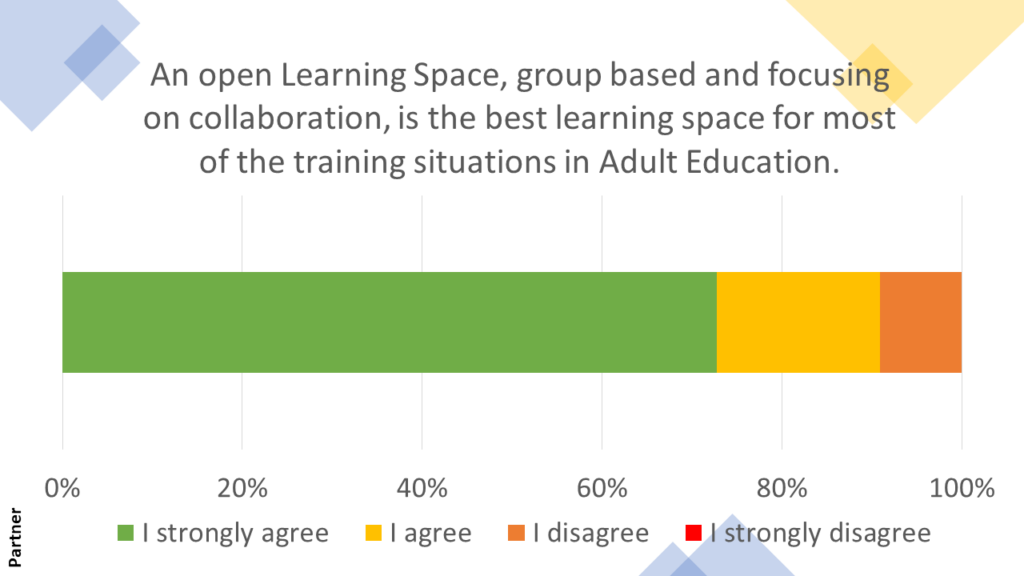
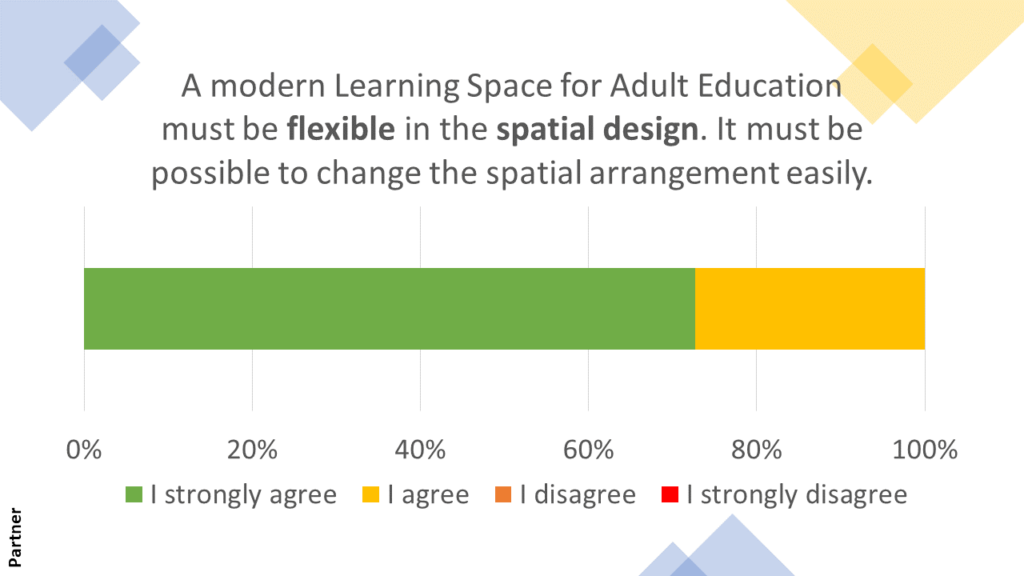
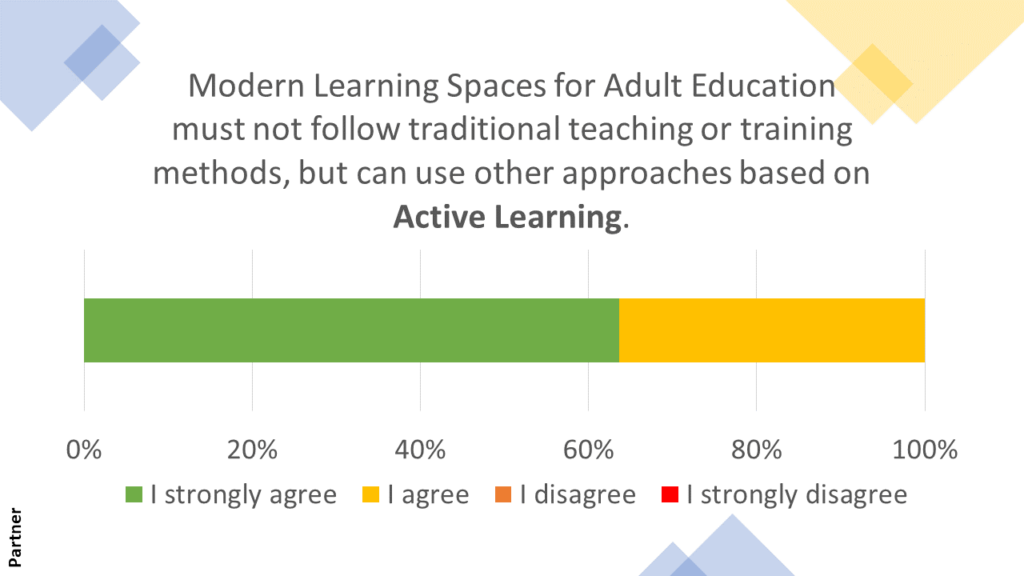
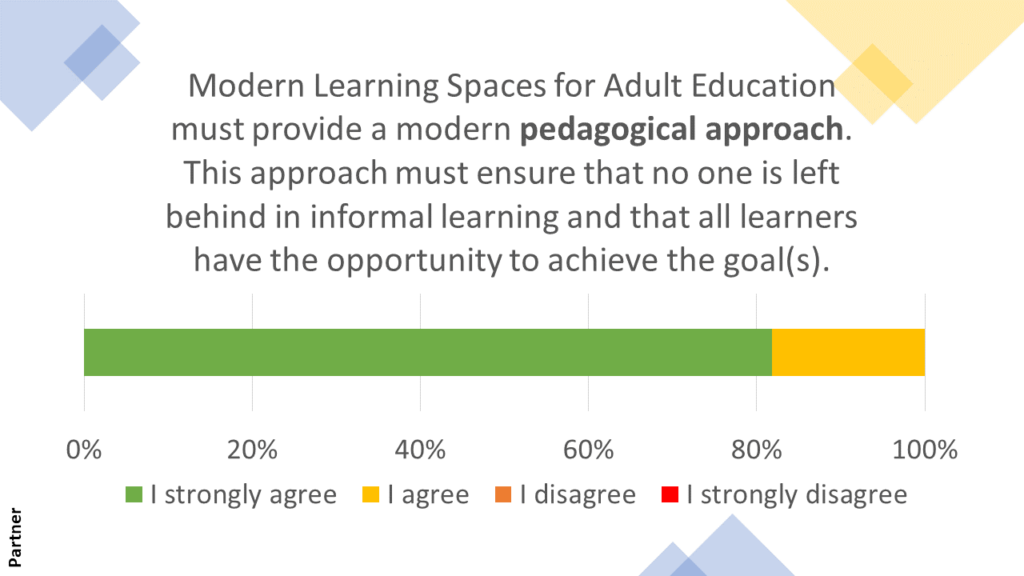
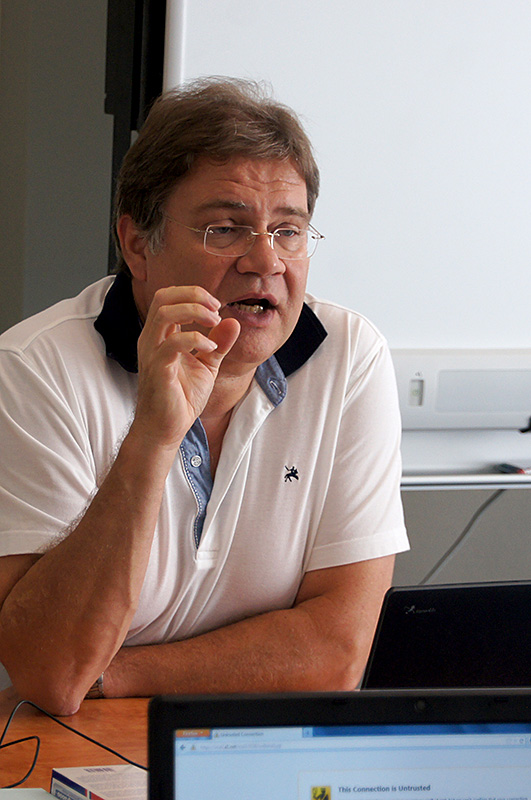 Peter Mazohl, the president of the EBI, advanced to a certified Flipped Learning teacher. He attended the course, provided by the Flipped Learning Global Initiative (link:
Peter Mazohl, the president of the EBI, advanced to a certified Flipped Learning teacher. He attended the course, provided by the Flipped Learning Global Initiative (link: 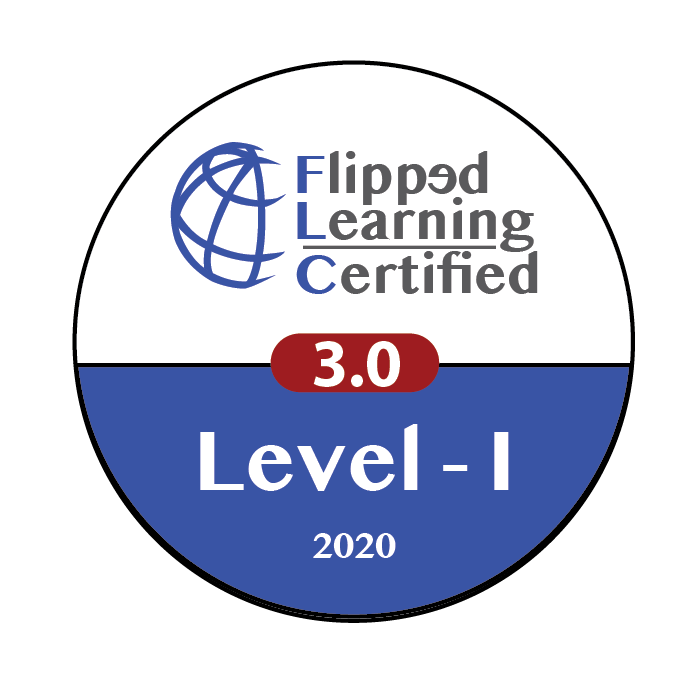 Peter Mazohl’s studies in Flipped Learning 3.0 last from 2017 and were based on his broad knowledge and praxis in teaching and training in the last 40 years. The Flipped Learning Certificate is a kind of recognition of the teaching and training competence and in some was a legitimation to work as an expert in the dissemination and implementation of Flipped Learning 3.0 in Adult Education.
Peter Mazohl’s studies in Flipped Learning 3.0 last from 2017 and were based on his broad knowledge and praxis in teaching and training in the last 40 years. The Flipped Learning Certificate is a kind of recognition of the teaching and training competence and in some was a legitimation to work as an expert in the dissemination and implementation of Flipped Learning 3.0 in Adult Education.